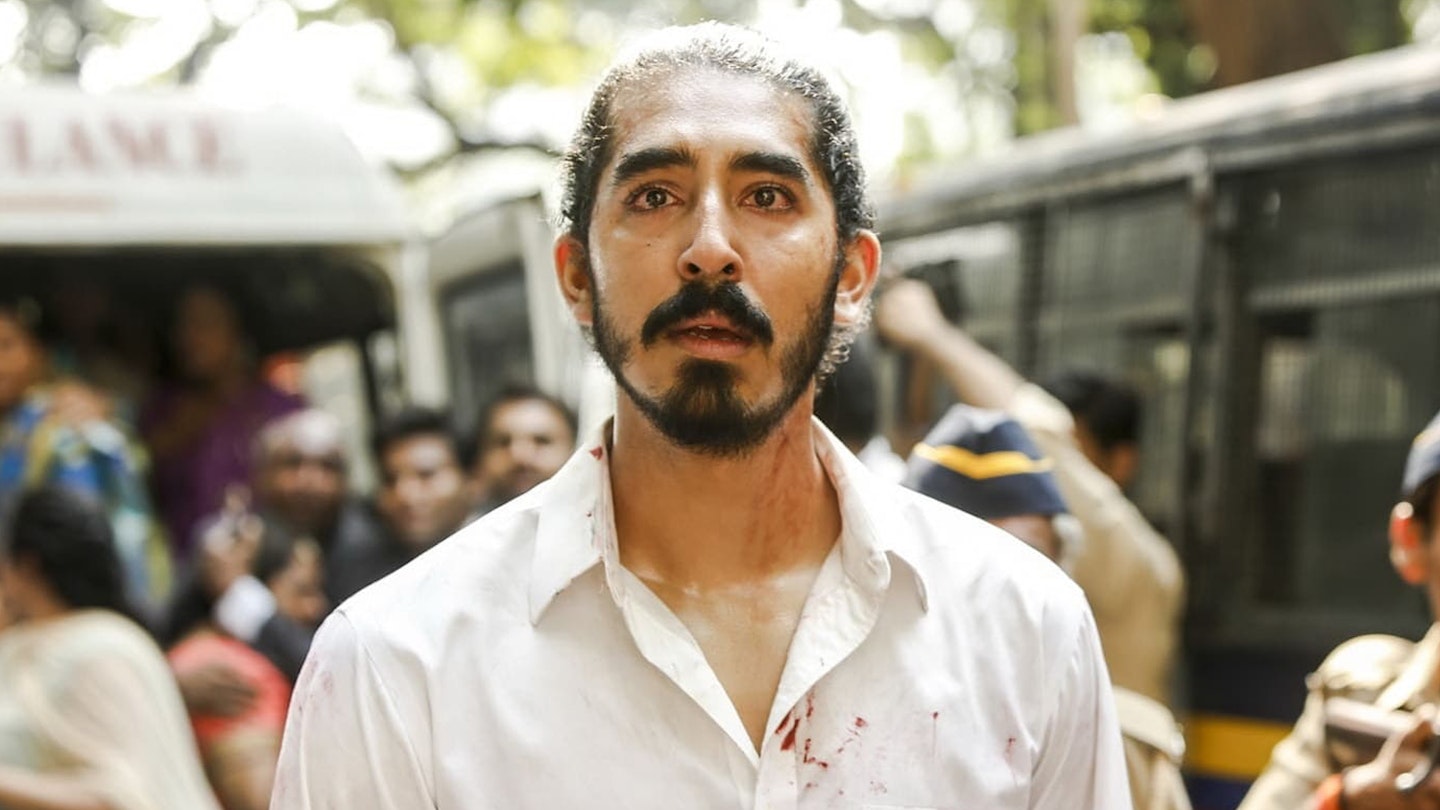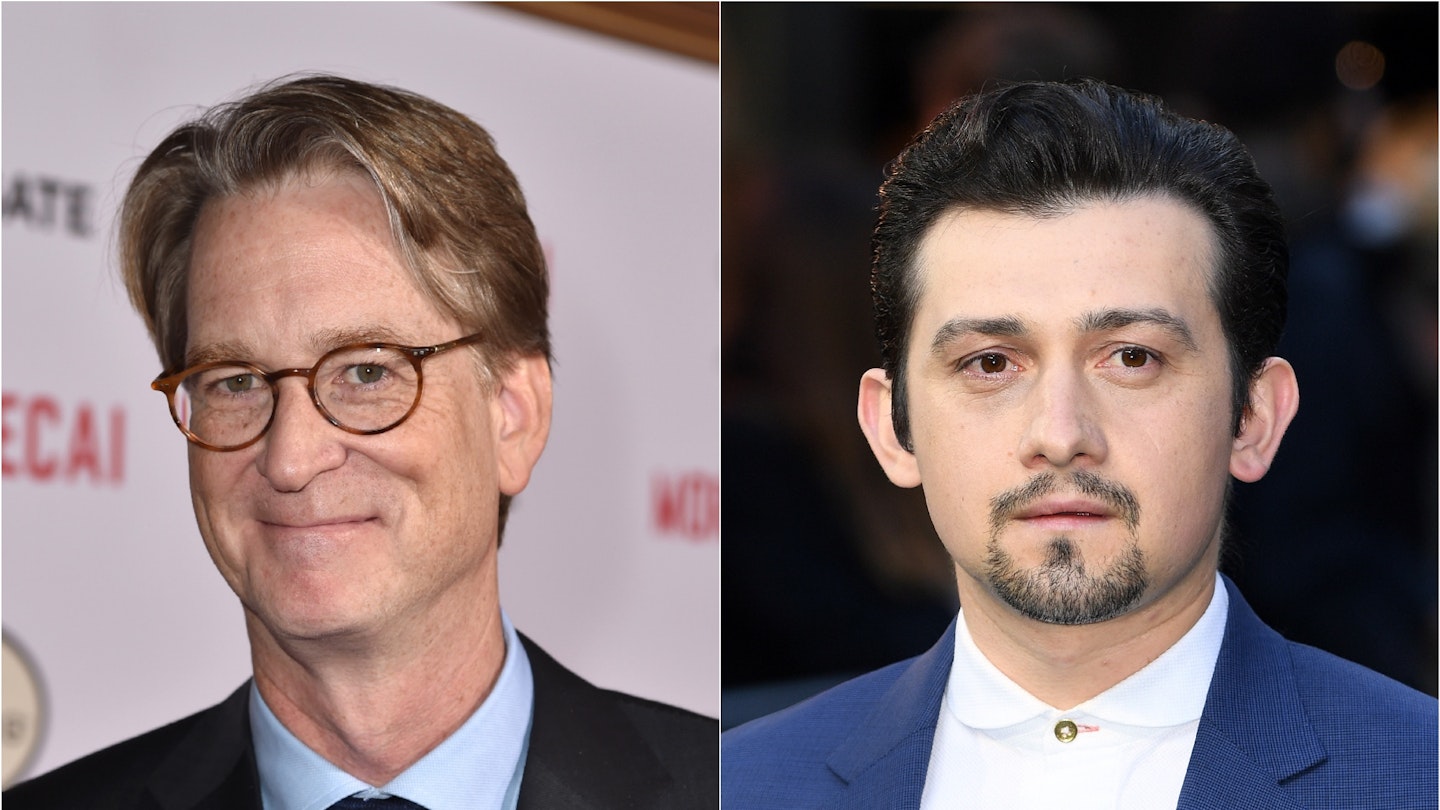Hotel Mumbai, the debut feature from short filmmaker Anthony Maras, puts you right in the heart of the darkest days of modern Indian history. Over a three day-period in 2008, ten Pakistani terrorists occupied the opulent Taj Mahal hotel, shooting at random in the name of Islam. Well acted and impressively shot, Maras’ film does a great job in making you feel the heat of the moment, but doesn’t have the depths or insight to do any more than that.

The movie begins like classic disaster movie fare, introducing the disparate major players whose fates will become inextricably intertwined. On the hotel staff, we meet quick thinking waiter Arjun (Dev Patel), and head chef Hemant Oberoi (Anupam Kher, excellent playing a real-life figure), constantly telling his staff, “The guest is god.” The guests getting the five-star treatment include newlyweds David (Armie Hammer) and Zahra (Nazanin Boniadi), whose infant baby is looked after by nanny Sally (Tilda Cobham-Hervey), and Jason Isaacs as a lecherous Russian businessman, who starts the movie as comic relief but eventually gets to show different, more caring colours. Interestingly, Maras arguably gives more grace notes to the terrorists rather than the mostly one-dimensional staff and guests, be it pure delight in discovering a hotel toilet (“They have a machine to flush their shit”), a jape over eating pork, or revealing they are just frightened kids at heart in a moving telephone call home to dad.
Maras makes stretches of Hotel Mumbai absolutely harrowing.
Where the film really scores is Maras’ mounting of the terror, staging the shootings with a matter-of-fact horror, energised but not glamourised by Nick Remy Matthews’ circling, snaking camerawork. Violence is often over as quickly as it erupts, meaning some of the more horrifying scenes involve psychological fear. A sequence in which the terrorists force receptionists to call hotel rooms to tell them rescue teams have arrived is chilling. While it seems impossible to fail to make such true-life events dramatic, Maras makes stretches of Hotel Mumbai absolutely harrowing.
Sadly, there are also ‘movie-movie’ moments that work against the film’s realism — there is an “I’m staying here” sequence amongst the hotel staff akin to “I’m Spartacus” in its brazen drama; Arjun simplistically wins round a racist hotel guest by explaining the significance of his turban; and a montage over a terrorist’s singing capturing all the principals in reflection feels manipulative. But Hotel Mumbai’s chief failing is that, for all its compelling treatment of a powerful subject matter, it can’t really bring a point of view or perspective to the events, be it politically or sociologically. A Paul Greengrass Picture might have added other angles. For all its cinematic widths, Hotel Mumbai rides along narrow tracks.

